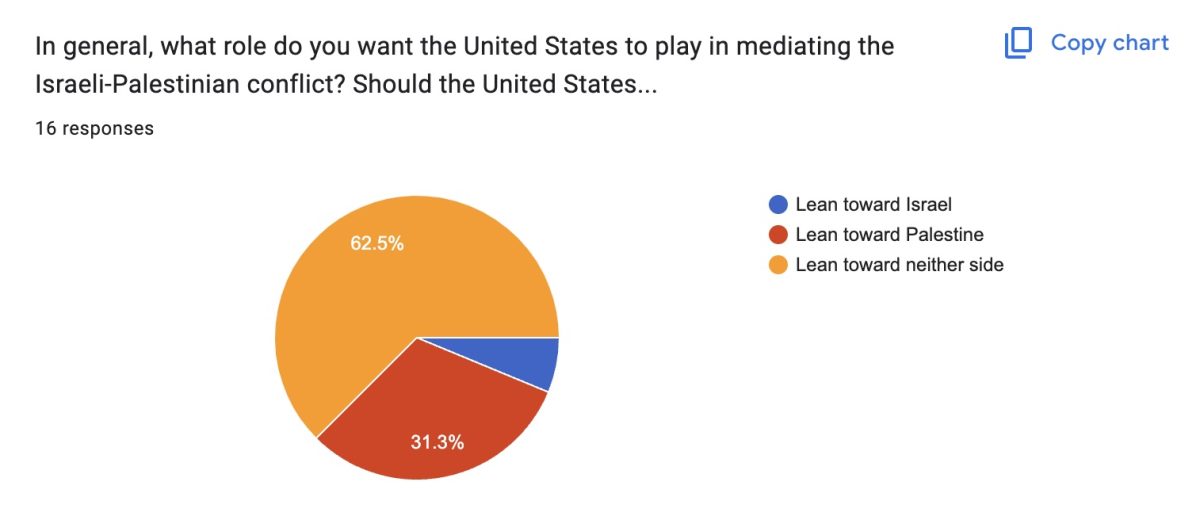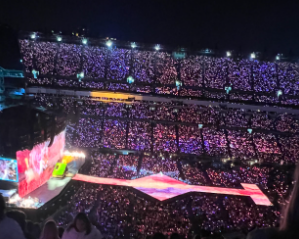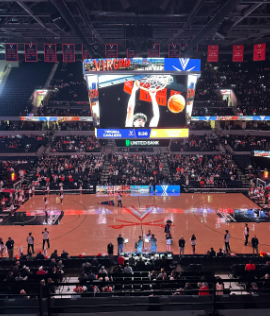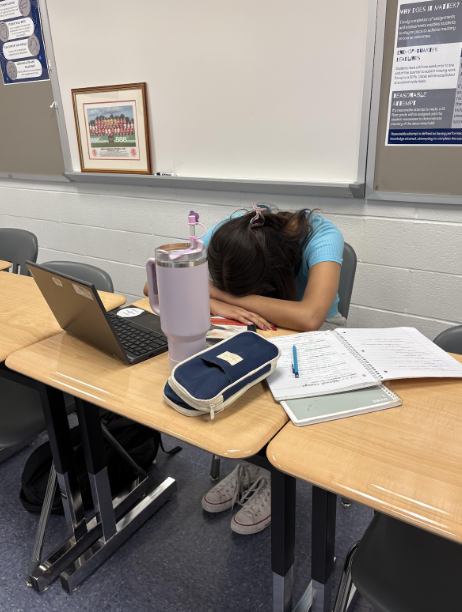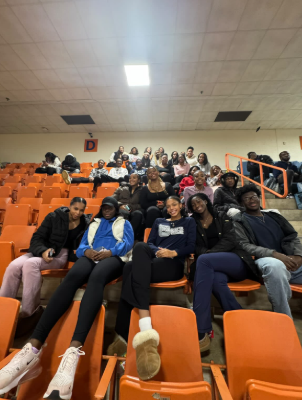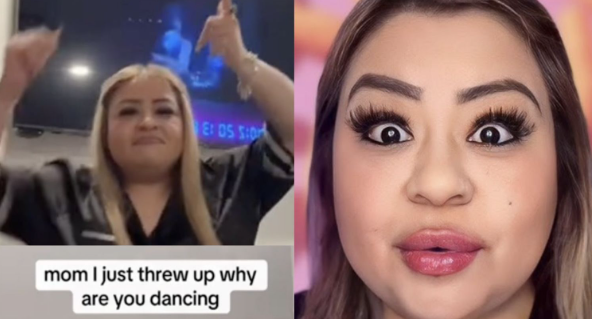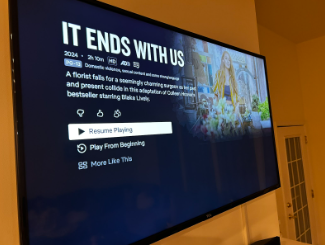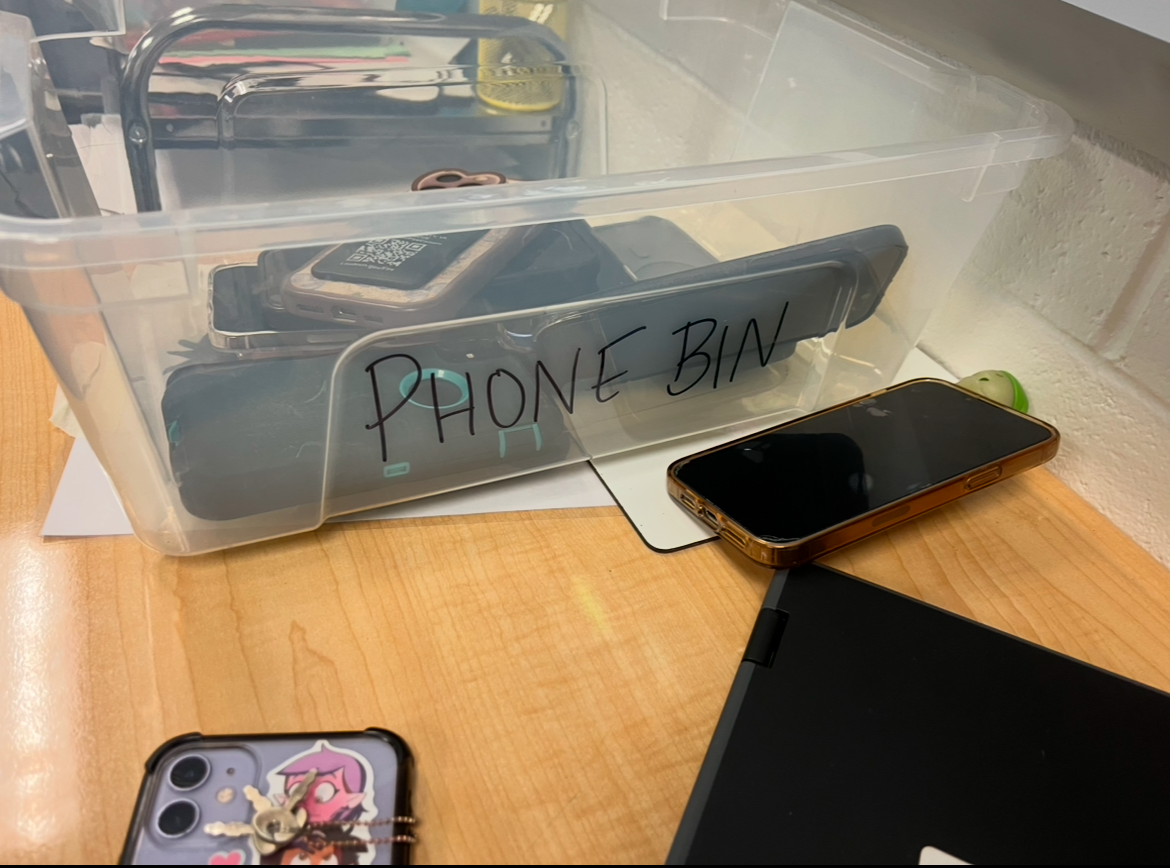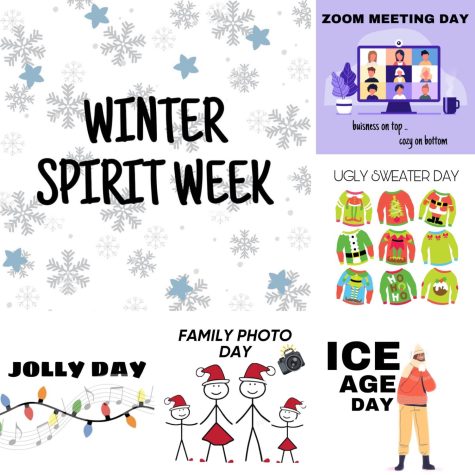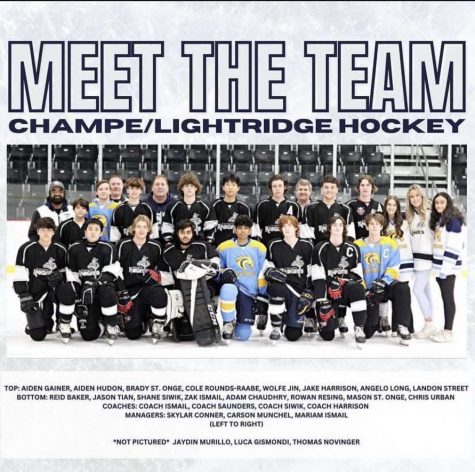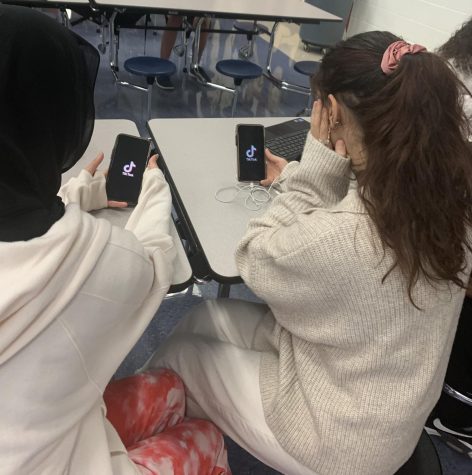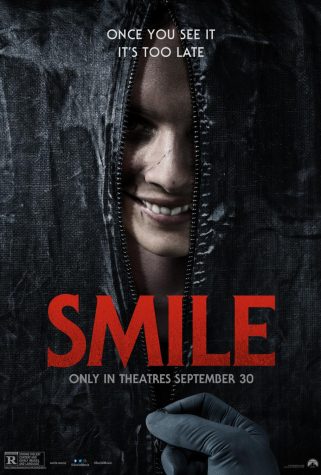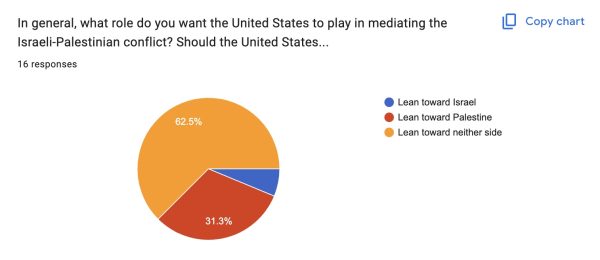How Neurotypical And Neurodivergent Individuals Process Sounds Differently
Many people listen to music to focus in class, do their homework, sleep, relax, etc. The difference in how neurotypical versus neurodivergent individuals consume music and how it differs is a very complex topic.
According to Cleveland Clinic, neurodivergent is defined as people whose brains function differently. This can range from Attention Deficit Hyperactivity Disorder (ADHD), autism, dyslexia, and many more disorders and syndromes. As per the article Exploring the relationship between neurodiversity and dance music – published via the DJMag by Harold Heath on September 14th, 2022, those with Attention Deficit Disorder (ADD) and ADHD may be prone to inattentiveness, impulsiveness, disorganization, procrastination, and more. Such disorders can impact people throughout their day-to-day life.

“Having ADHD makes it so that I tend to hyper-fixate on things which can be disruptive,” sophomore Ava Marotta said. “It can cause me to put all of my energy into focusing on one thing which will get me distracted to the point of [sitting on my phone for five hours].”
A study from 2017 by Different Brains suggests that those with autism can process more sounds simultaneously at any given time. In this two-part study, Dr. Anna Remington and her colleague, Dr. Jake Fairnie, compared the auditory aptitude of those with and without autism. Each group had to listen to multiple simulated sounds. After listening, the participants were asked if they had heard an irrelevant part of the recording; in the first it was a car sound and the second was a man exclaiming, ‘I am a gorilla’. The results showed that only 12% of the neurotypical participants heard the gorilla comment, whereas 47% of those with autism did.
Sophomore at Virginia Commonwealth University Emily McFarland, double major in psychology and sociology, reports that, “If I had to guess why some neurodivergent individuals are able to process multiple things at once, it would be for survival. This ability makes it easier for these individuals to recognize potential danger in an overstimulating environment.”
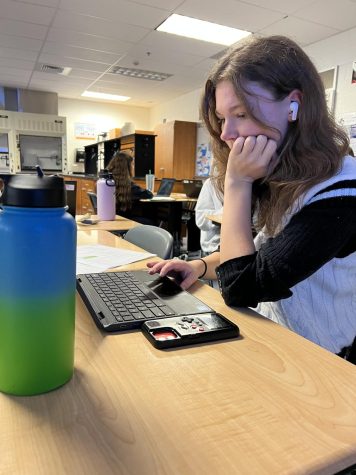
As for the type of music that is most beneficial, many sources say different things. An article via Healthline titled Trouble Focusing With ADHD? Try Listening To Music – by Karen Gill and Timothy J Legg on April 30th, 2019, states that for ADHD symptoms, calmer music with a repetitive or “easy-to-follow” rhythm is best; some examples of this include Mozart and Bach. Another article titled Why ADHD and Neurodivergent People Are Into 8D Audio – published via Neuropia by Dr. Brendan Courneene, shows that, following the 8D trend, which is where the audio will go from one earbud to the other when wearing headphones, that started on Tik Tok, says that 8D is best, for it promotes relaxation, stress relief, positive mood, and more.
“Calmer sounds with easier to follow rhythms can definitely be true. Even with songs I know, if the song has an easier to follow rhythm, I will probably get more things done if it’s not as lively in beats in general,” Marotta said. “As for 8D audio, I love 8D audio… in late middle school I remember really going out of my way to find 8D audios because it creates a really interesting sensory experience and I really liked that.”
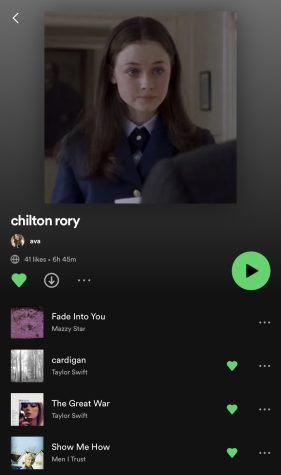
Music can help those who are neurodiverse in many ways. An article via NYU titled ‘What Can Music Do?’ Rethinking Autism Through Music Theory states that “Music can be a lifeline for people with all kinds of isolating physical, psychological, emotional, and neurological conditions,” Eileen Reynolds said.
Music can help those who are neurodiverse in many ways. An article via NYU titled ‘What Can Music Do?’ Rethinking Autism Through Music Theory states that music can be a lifeline for people with all kinds of disorders that make them feel isolated from those around them.
“I think it’s nice because I like when I can find songs I can relate to, which is true for anyone no matter what,” Marotta said, “but with me specifically, finding songs to relate to my specific experiences, some of those probably being affected by being neurodivergent, is really nice.”
“We know surprisingly very little about the neurotypical brain, much less about the neurodivergent one,” McFarland said. “As such, neurodiversity is incredibly important and more studies should feature diverse brain constructs. Doing so not only benefits researchers, but neurodivergent individuals as well, as understanding how their brain works opens the door to improving their quality of life and promoting societal acceptance.”


